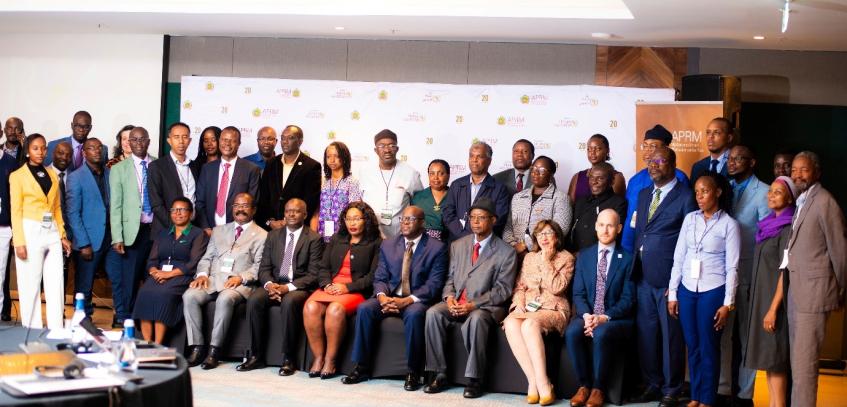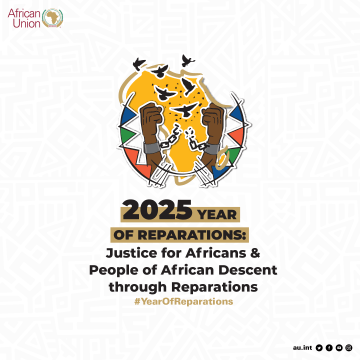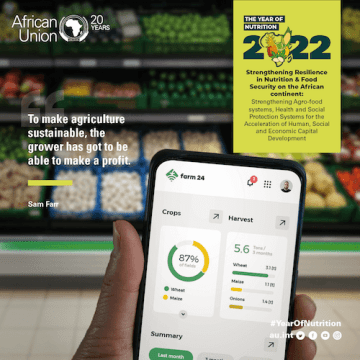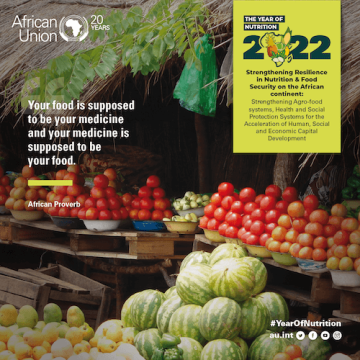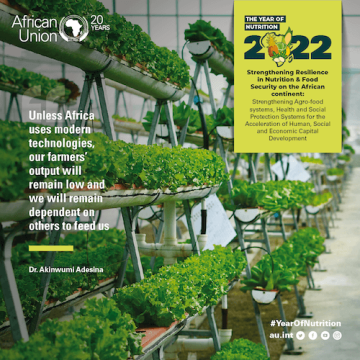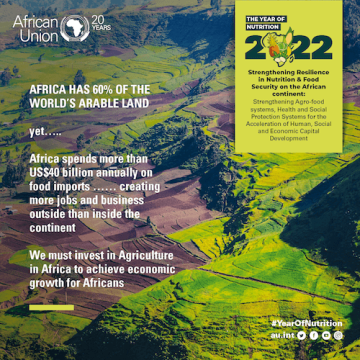Kigali, Rwanda, November 22, 2024: The African Peer Review Mechanism (APRM) Continental Secretariat, in conjunction with the Rwanda Governance Board (RGB), organized a continental workshop on the technical enrichment of and member-state sensitization to the APRM questionnaire from the 18th to the 22nd of November 2024 in Kigali, Rwanda. The workshop gathered eminent experts from various institutions and countries to further revise the 2021 APRM questionnaire which had, following the COVID-19 pandemic, undergone an important revision and added the fifth thematic area called state resilience to shocks and disasters.
During the opening session, Dr Felicien Usengumukiza, Deputy CEO of the RGB, addressed participants on behalf of Dr Doris Uwicyeza-Picard, CEO of the RGB. He welcomed participants to Rwanda and indicated that the overall objective was to convince experts to provide inputs in the revised base questionnaire. Dr Usengumukiza stated that Rwanda has benefited from the APRM self-assessment questionnaire and recalled the APRM process in the country. It was in March 2003 that it signed the Memorandum of Understanding to accede to the APRM. A few months later, Rwanda set up a national committee tasked with overseeing the APRM process. The RGB was created following the implementation of a recommendation contained in the APRM base country review report. The workshop was timely as the RGB was set to launch the eleventh edition of its scorecard a few days after the workshop started.
In a recorded statement, Ambassador Marie-Antoinette Rose-Quatre, CEO of the APRM Continental Secretariat, expressed her gratitude to Dr Uwicyeza-Picard for co-hosting the workshop. She recalled that, in January 2016, several key decisions were taken to revisit the APRM philosophy culminating in the launch of the deepening the review project. Ambassador Rose-Quatre affirmed the need to review the APRM questionnaire by taking into account various global trends such as illicit financial flows, migration, climate change and e-governance. The revision of the APRM questionnaire in 2021 ensured that it was aligned with the AU’s Agenda 2063 aspirations especially the refined Moonshot of the Ten-Year Implementation Plan. This version of the questionnaire was piloted in South Africa and Zambia and the youth toolkit was used in Namibia. In closing, Ambassador Rose-Quatre encouraged participants to finalize and consolidate the questionnaire.
Dr Ousmane Diallo, on behalf of the APR Panel of Eminent Persons, welcomed participants to the workshop and thanked partners such as AUDA-NEPAD. The purpose of the workshop, Dr Diallo indicated, was to combine efforts to revise the questionnaire based on guidelines issued by the APR Forum of Heads of State and Government. Moreover, participants were gathered to promote the AU’s ideals. The revision of the questionnaire afforded the APRM the opportunity to help strengthen Member States’ willingness to promote good governance. Dr Diallo remarked that the questionnaire must be adapted to a changing world to ensure the continent’s stability and prosperity.
Following the opening session, presentations were made by several speakers on the work of the RGB, APRM process, and the 2021 revised APRM base questionnaire among others. During the question-and-answer session, participants formulated several ideas. They brought up the need to involve Regional Economic Communities in the revision of the questionnaire, comply with AU shared values and its Constitutive Act, contextualize global instruments and strengthen the Monitoring and Evaluation Directorate to ensure progress on the implementation of Agendas 2063 and 2030. On the basis of expertise, groups were based at the end of the session to commence the revision of the questionnaire per thematic area.
Over the next two days, the groups reflected on ways to make the questionnaire leaner and user-friendly. The exercise was carried out thoroughly in order to help the APRM continental secretariat better discharge its expanded mandate and increase the impact of its reviews. Following the expert-led discussions, a plenary session was held during which every group presented its work. H.E Amara Kallon, Minister of Public Administration and Political Affairs and APRM Focal Point in Sierra Leone, and Dr Felicien Usengumukiza, subsequently offered closing remarks in which they thanked participants for their participation and contributions to improve the APRM base questionnaire.
About the APRM: The African Peer Review Mechanism (APRM) is an autonomous entity of the African Union, established in 2003. It functions as a voluntary self-monitoring tool for African Union Member States, aimed at promoting and strengthening governance in four thematic areas: Democracy and Political Governance, Economic Governance, Corporate Governance, and Socio-Economic Development.
For further information or media inquiries, please contact: info@aprm-au.org

